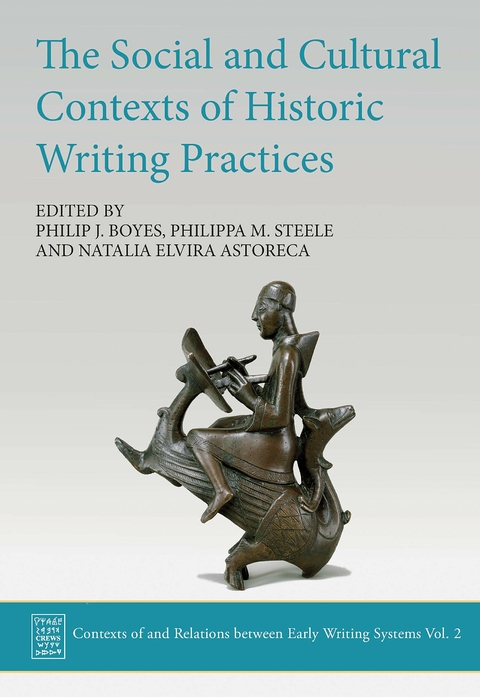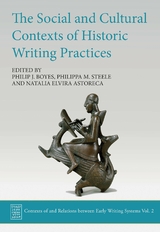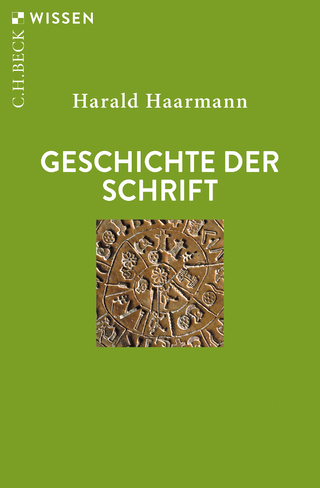The Social and Cultural Contexts of Historic Writing Practices
Writing is not just a set of systems for transcribing language and communicating meaning, but an important element of human practice, deeply embedded in the cultures where it is present and fundamentally interconnected with all other aspects of human life. The Social and Cultural Contexts of Historic Writing Practices explores these relationships in a number of different cultural contexts and from a range of disciplinary perspectives, including archaeological, anthropological and linguistic. It offers new ways of approaching the study of writing and integrating it into wider debates and discussions about culture, history and archaeology.
Philip Boyes is a research associate at the Faculty of Classics, University of Cambridge. As part of the CREWS Project, he works on the social context of writing at Late Bronze Age Ugarit. He has previously worked on the archaeology of the East Mediterranean and Levant in the Late Bronze and Early Iron Ages. Philippa M. Steele is the Director of the CREWS Project, a Senior Research Associate at the Faculty of Classics, University of Cambridge, and a Senior Research Fellow of Magdalene College. She has previously been awarded a British Academy Postdoctoral Fellowship and the Evans Pritchard Lectureship at All Souls College, Oxford, followed by a European Research Council grant to run the CREWS Project, and has published widely on ancient languages and writing systems with a particular focus on Cyprus and the Aegean. Natalia Elvira Astoreca developed her PhD thesis as a member of the CREWS Project. Before coming to the University of Cambridge, she studied at Leiden University and the Autonomous University of Madrid. Her research is focused on the interactions between language and script, especially in the case of early alphabetic writing in the Aegean and Mediterranean seas.
List of contributors
Acknowledgements
Abbreviations
1. Introduction: writing practices in socio-cultural context
Philip J. Boyes, Philippa M. Steele and Natalia Elvira Astoreca
2. Towards a social archaeology of writing practices
Philip J. Boyes
3. The lives of inscribed commemorative objects: the transformation of private personal memory in Mesopotamian temple contexts
Nancy Highcock
4. A cognitive archaeology of writing: concepts, models, goals
Karenleigh A. Overmann
5. The materiality of the Cretan Hieroglyphic script: textile production-related referents to hieroglyphic signs on seals and sealings from Middle Bronze Age Crete
Marie-Louise Nosch and Agata Ulanowska
6. Visual dimensions of Maya hieroglyphic writing: meanings beyond the surface
Christian M. Prager
7. Visibility of runic writing and its relation to Viking Age Society
Sophie Heier
8. Words beyond writings: how to decrypt the secret writings of the masters of psalmody (Yunnan, China)?
Aurélie NévotContents
9. A script ‘good to drink’. The invention of writing systems among the Sora and other tribes of India
Cécile Guillaume-Pey
10. Why did people in medieval Java use so many different script variants?
A.J. West
11. Cultures of writing: rethinking the ‘spread’ and ‘development’ of writing systems in the Bronze Age Mediterranean
Theodore Nash
12. Script, image and culture in the Maya world: a southeastern perspective
Kathryn M. Hudson and John S. Henderson
13. Writing and elite status in the Bronze Age Aegean
Sarah Finlayson
14. Why με? Personhood and agency in the earliest Greek inscriptions (800–550 BCE)
James Whitley
15. Names and authorship in the beginnings of Greek alphabetic writing
Natalia Elvira Astoreca
16. Marking identity through graphemes? A new look at the Sikel arrow-shaped alpha
Olga Tribulato and Valentina Mignosa
Bibliography
| Erscheinungsdatum | 06.04.2021 |
|---|---|
| Reihe/Serie | Contexts of and Relations Between Early Writing Systems ; 2 |
| Zusatzinfo | b/w |
| Verlagsort | Oxford |
| Sprache | englisch |
| Maße | 170 x 240 mm |
| Themenwelt | Geisteswissenschaften ► Archäologie |
| Geschichte ► Hilfswissenschaften ► Paläografie | |
| Geisteswissenschaften ► Sprach- / Literaturwissenschaft ► Sprachwissenschaft | |
| ISBN-10 | 1-78925-478-7 / 1789254787 |
| ISBN-13 | 978-1-78925-478-5 / 9781789254785 |
| Zustand | Neuware |
| Informationen gemäß Produktsicherheitsverordnung (GPSR) | |
| Haben Sie eine Frage zum Produkt? |
aus dem Bereich




